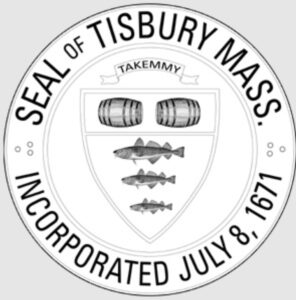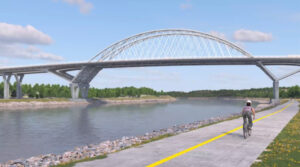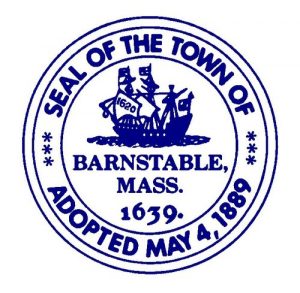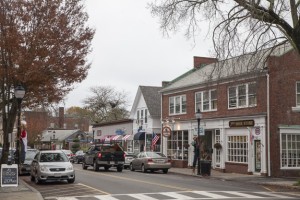
Photo courtesy of Alexius Horatius
BOSTON (AP) — Massachusetts House leaders unveiled a proposed $57.9 billion state budget for the 2025 fiscal year that would include $500 million for the state’s emergency shelter system and what lawmakers say is a record investment of $555 million for the beleaguered Massachusetts Bay Transportation Authority.
The $500 million for emergency shelters is about half of what Democratic Gov. Maura Healey said is likely needed for the program, which is straining in part because of an influx of migrants seeking shelter.
Democratic House Speaker Ronald Mariano said the $555 million investment in the MBTA — and another $184 million for regional transit authorities across the state — is key to the state’s economy.
“Ensuring that the commonwealth is equipped with a safe and reliable public transportation system is critical for the prosperity of our residents and communities, and will be vital in our future efforts to grow the economy,” Mariano said in a written statement.
Mariano said the proposed funding would represent a 41 percent increase in transportation funding from the current fiscal year. He said the proposed investment relies in part on funds generated by the so-called “millionaire tax” ballot initiative that voters approved in November of 2022, which established a 4% surtax on annual income above $1 million.
The proposed budget also includes $20 million for reduced MBTA fares for riders with lower incomes.
Budget writers said they were able to create a balanced spending plan without dipping into the state’s rainy day fund. Under the plan, the fund is on track to top $9 billion, one of the biggest state rainy day funds in the country.
The full House is expected to begin debate on the spending plan next week.
Healey released her version of the state budget in January.
Healey’s $58 billion plan included several proposals she previewed during her State of the Commonwealth address, including lowering the staggering cost of housing and childcare and making Massachusetts “the climate innovation lab for the world.”
Healey said her proposal doesn’t rely on any new broad-based taxes and also wouldn’t require a withdrawal from the state’s rainy day fund.
It would spend a then-anticipated $1.3 billion raised from the voter-approved “millionaire tax” on transportation and education, including a universal school meals program and a low-income fare relief program for greater Boston’s public transit system.
After the House votes on its budget proposal, the debate heads to the Senate, which will draft and vote on its own state budget plan.
It will then be up to a six-member conference committee of House and Senate members to hammer out a single budget proposal to send back to each chamber for a final vote before shipping it to Healey’s desk.
By STEVE LeBLANC, The Associated Press






















